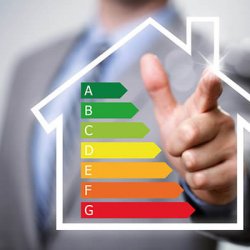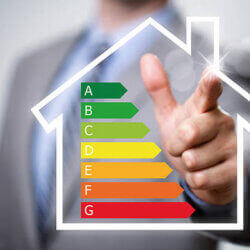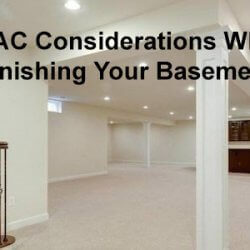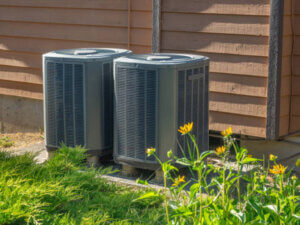
An energy efficient AC not only cools your home more effectively but also consumes less energy, leading to lower utility bills and a smaller carbon footprint. Common factors affecting AC efficiency include the AC’s age, its size, your home’s insulation, and the state of your AC’s filters.
In this post, we take you through the common reasons your AC may not be working optimally and suggest solutions. For more HVAC tips and maintenance to keep your air conditioner running efficiently all summer, contact the heating and air conditioning experts at Galmiche & Sons today. To speak to a technician or schedule your appointment, call us today at 314-993-1110.
How To Tell If Your AC Is Not Working Efficiently?
While there are many factors affecting AC efficiency, some common signs that your AC’s efficiency is suffering include:
- Reduced airflow from vents
- Inconsistent cooling throughout your home
- Unusual noises from your AC (grinding, clanking, or rattling)
- Insufficient cooling
- High energy bills
If it’s taking unusually long for your home to cool, your AC may not be functioning as efficiently as it should. Having a technician from Galmiche and Sons inspect your AC and identify the factors affecting AC efficiency can help you understand what you need to do to improve efficiency and performance.
Signs Indicating Issues with Your AC Efficiency
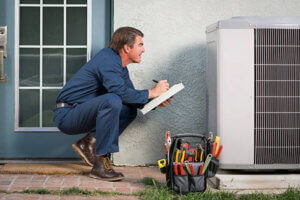
Some common factors that result in AC efficiency issues include:
- The unit’s age: Most AC units provide reliable performance for many years. But with age, an AC’s compressor tends to consume more electricity and cool less efficiently. The U.S. Department of Energy recommends replacing ACs older than ten years. Newer AC models are more energy-efficient and reduce your electricity bills. To find the age of your AC, check the first two digits of the unit’s serial number. For example, if the first two digits are ’14’, your AC was manufactured in 2014. That being said, some manufacturers use different codes, so check the owner’s manual or brand website for specific details.
- AC maintenance: We recommend annual professional AC maintenance. Any issue with your AC will come to light during professional servicing and can be addressed before it becomes a bigger and more expensive problem. Dirty filters are among the factors affecting AC efficiency. If you haven’t changed your AC’s filters for months, the dust, pollen, dirt, pet dander, and other pollutants clogged in the filters can make your AC work harder and affect its efficiency.
- Size of AC unit: An AC that is too big for the space it cools can cause short cycling, cooling the space at an excessive rate and achieving the desired temperature too quickly. The unit will turn on and off more frequently, which can cause excessive wear and tear and damage the AC’s internal components Conversely, an undersized AC will work harder to keep the space at the desired temperature. Overusing the unit can lead to premature wear and tear, affecting its performance.
- Insulation and ductwork: Your home’s insulation is also among the factors affecting AC efficiency. Good insulation reduces heat transfer between the indoors and outdoors, preventing heat loss in winter and minimizing heat gain in summer. This means that your AC doesn’t have to strain to maintain the desired temperature. Similarly, insulated ducts minimize heat loss or gain. Cleaning ductwork and sealing leaks in ducts helps your AC operate efficiently.
- Location of AC: An AC exposed to direct sunlight will work harder to achieve the required cooling. Units placed in shaded areas don’t have to work as hard.
Improve AC Efficiency with Galmiche & Sons
At Galmiche & Sons, we are a trusted HVAC maintenance company serving St. Louis, Missouri residents since 1950. If your AC is nearing the end of its useful lifespan, we can help you select an energy-efficient unit for your home and budget. We also undertake professional AC maintenance and address factors affecting AC efficiency. If you suspect a problem with your AC, call us at 314-993-1110 or contact us online to schedule your HVAC maintenance.



